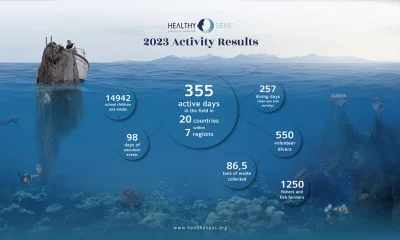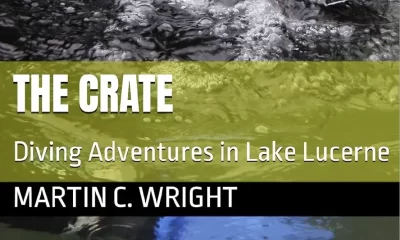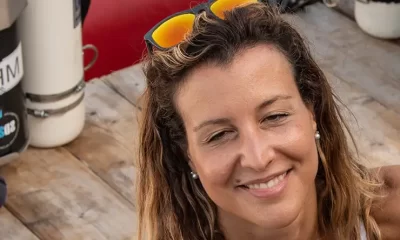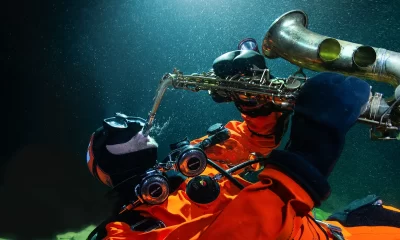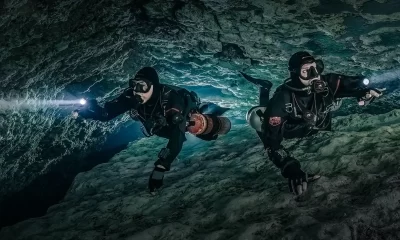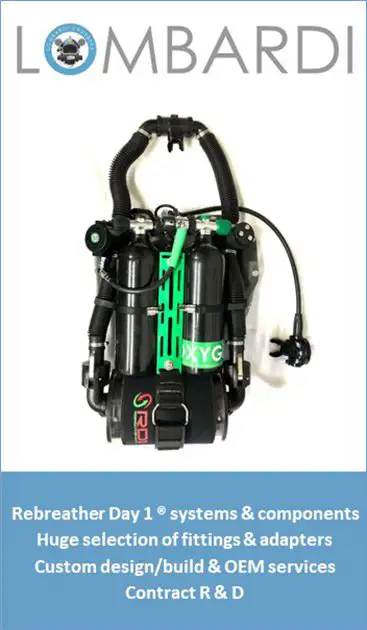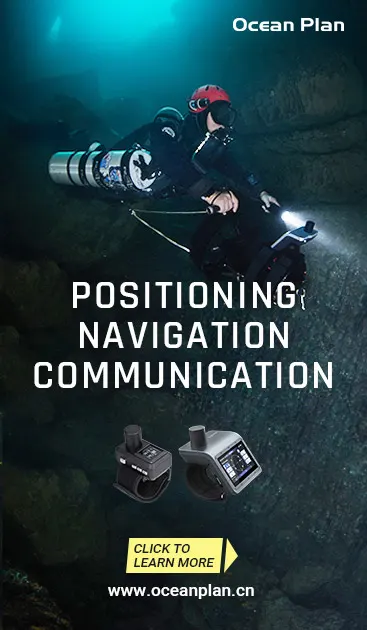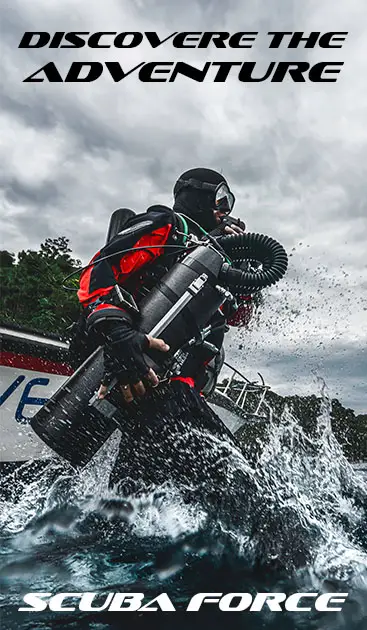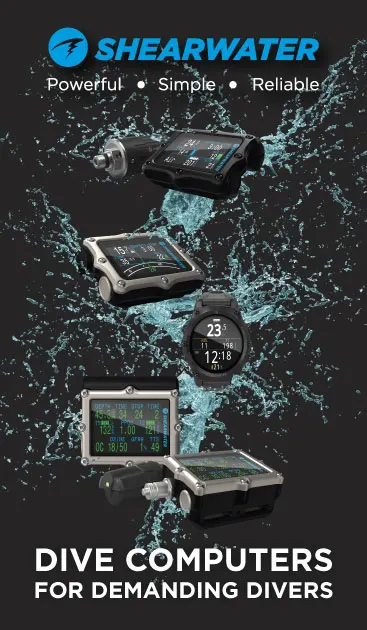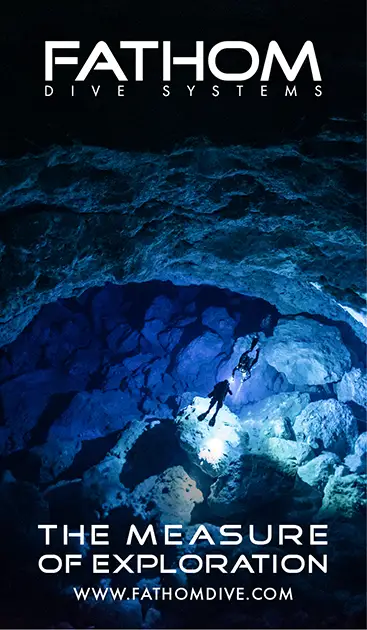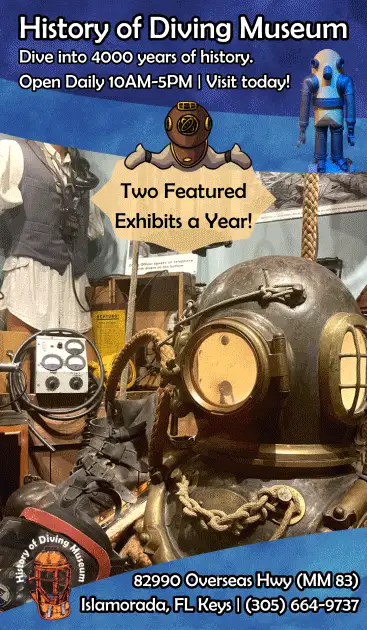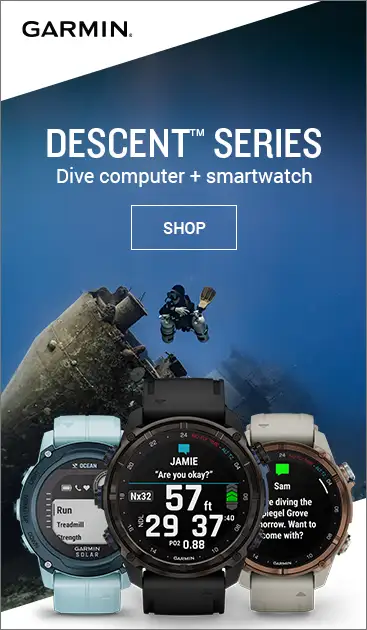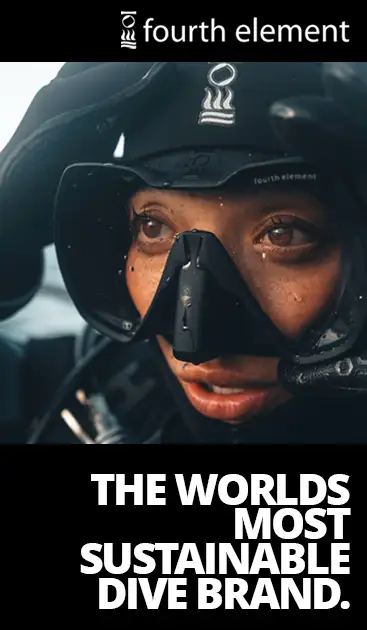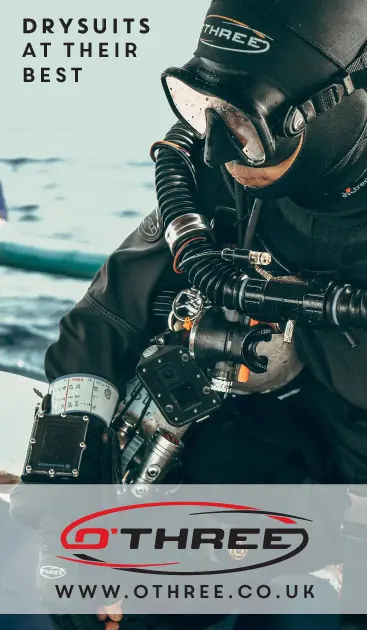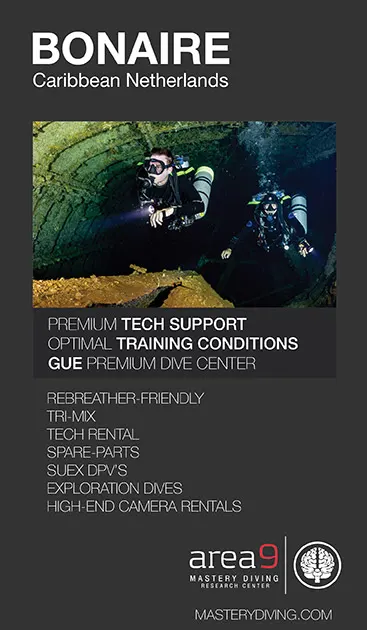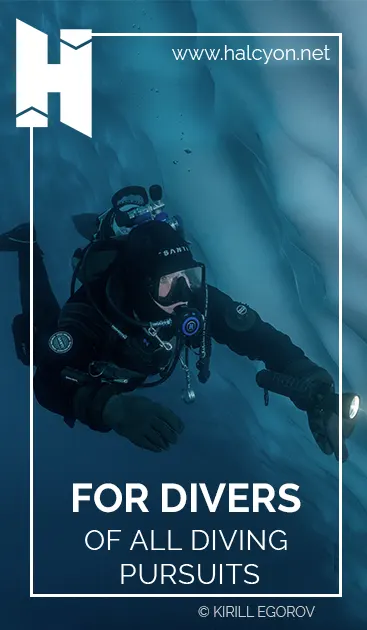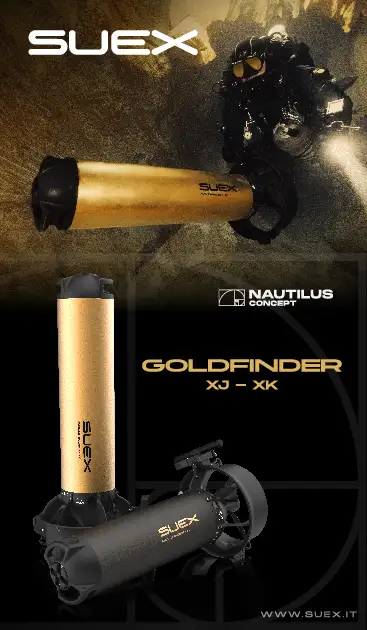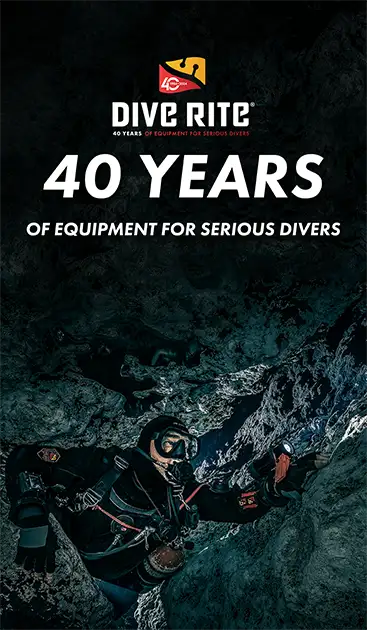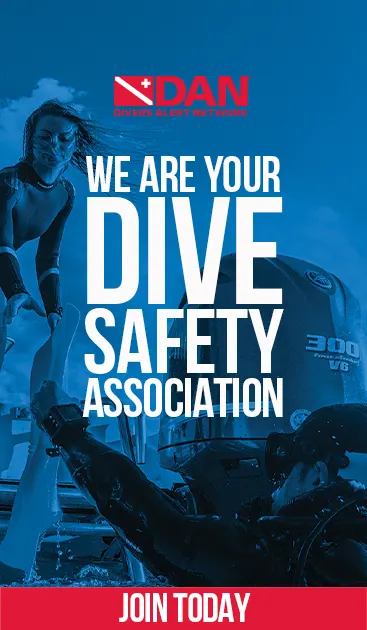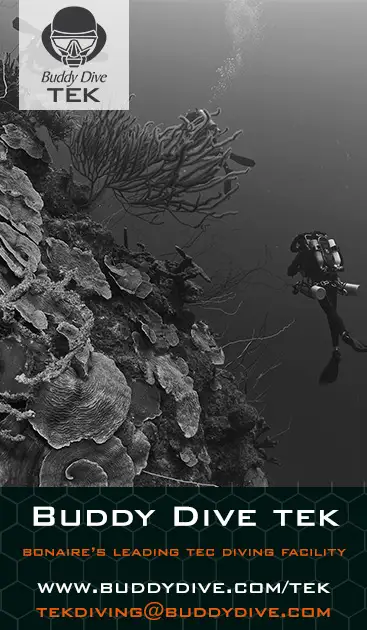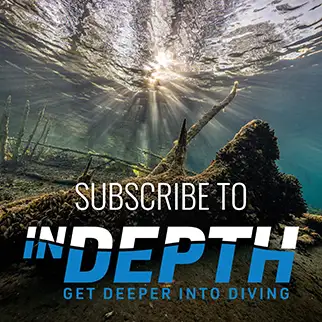Conservation
GUE Offsets Shipping Activity to Help to Reverse the Trend of Destruction of Ocean Environments Around the World
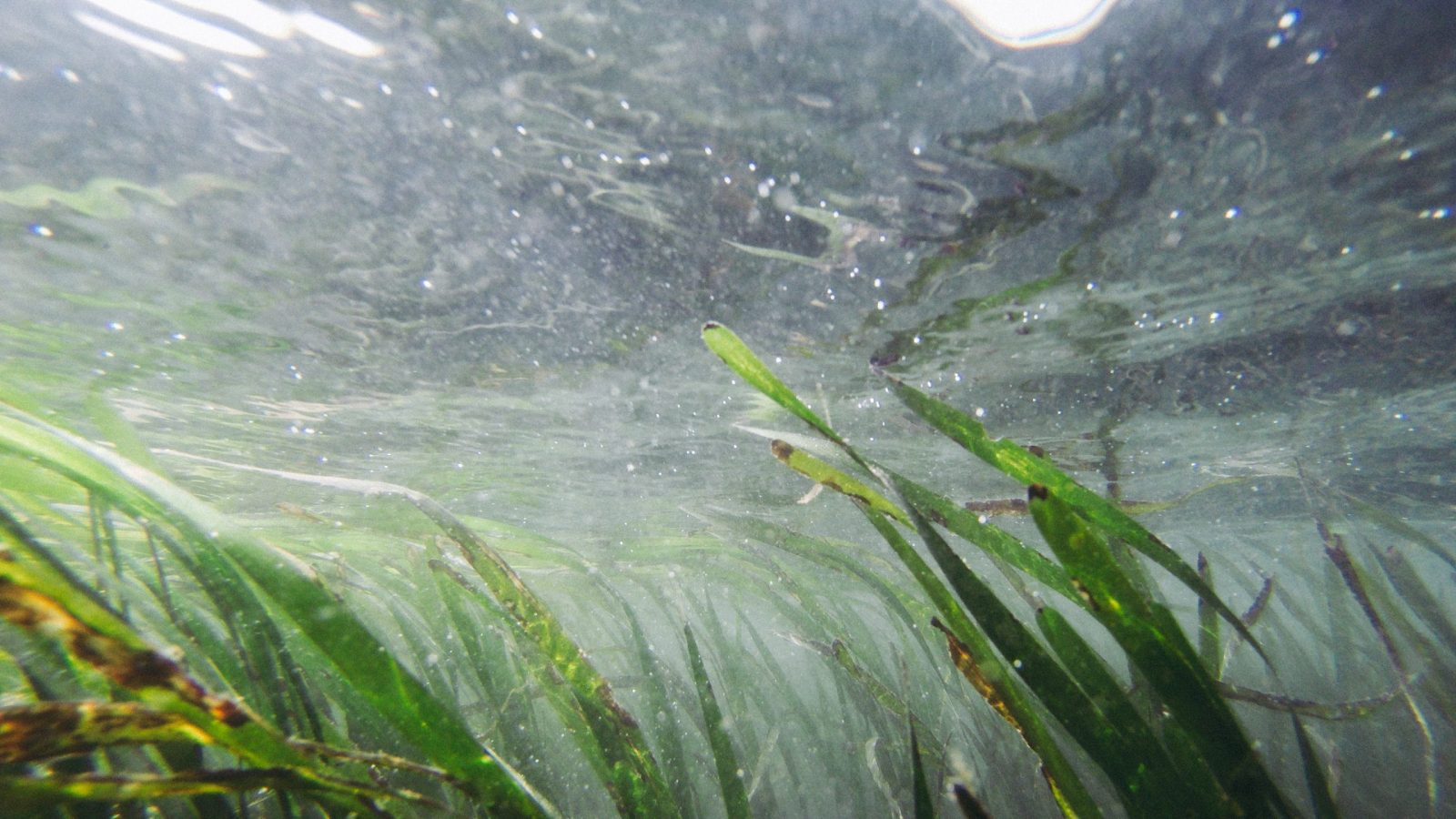
Divers represent a small portion of the population that get to see the underwater world first hand, yet they often contribute to its decline. To help offset some of the environmental damage from shipping their own merchandise, the non-profit scuba diving organization, Global Underwater Explorers (GUE), has donated to the conservation and restoration of seagrass meadows, mangroves and salt marshes through The Ocean Foundation’s SeaGrass Grow Program.
According to a European Parliament study, 40% of global CO2 emissions will be caused by aviation and shipping by 2050. Therefore, in order to lessen GUE’s contribution to the problem, they are donating to planting these vast underwater meadows which have proven to absorb carbon more effectively than rainforests.
“Supporting the planting and protection of seagrass by The Ocean Foundation is a step in the right direction towards minimizing or balancing the effects our training, exploration and diving has on the places we love to visit,” said Amanda White, GUE’s Marketing Director who is leading the organization’s push towards being carbon neutral. “This is in addition to our own projects which our divers get involved in locally, so it feels like a natural addition to our new conservation initiatives as seagrass directly contributes to the health of the environment we love.”
Also, part of the new Conservation Pledge by GUE, is for its members to encourage their community of divers to offset their dive travel through the SeaGrass Grow calculator on The Ocean Foundation’s website. Dive travel is the number one contribution divers make to global warming and the destruction of underwater ecosystems. Divers are often either flying to warmer waters to spend a week on a boat at sea doing what they love, or they are driving long distances to get to dive sites for training or fun.
GUE is focused on conservation and exploration, and yet travel is an unavoidable part of that mission, we can’t avoid it. But we can offset our effect on the environment through supporting rehabilitation projects that reduce CO2 emissions and improve the underwater ecosystem.
“Maintaining a healthy ocean is paramount to ensuring a sustainable future for coastal tourism,” said Mark J. Spalding, President, The Ocean Foundation. “By helping the dive community give back to conserve the places they love for recreation, this partnership creates an opportunity to engage with the GUE membership on how investing in nature-based solutions, such as seagrass meadows and mangrove forests, can help tackle climate change, build resilience in local communities and maintain healthy ecosystems for divers to visit on future dive trips.”
ABOUT GLOBAL UNDERWATER EXPLORERS
Global Underwater Explorers, a US 501(c)(3), began with a group of divers whose love of underwater exploration grew naturally into a desire to protect those environments. In 1998, they created a unique organization dedicated to high-quality diver education with the goal of supporting aquatic research that advances conservation and safely expands exploration of the underwater world.
ABOUT THE OCEAN FOUNDATION
As the only community foundation for the ocean, The Ocean Foundation’s 501(c)(3) mission is to support, strengthen, and promote those organizations dedicated to reversing the trend of destruction of ocean environments around the world. We focus our collective expertise on emerging threats in order to generate cutting edge solutions and better strategies for implementation.



